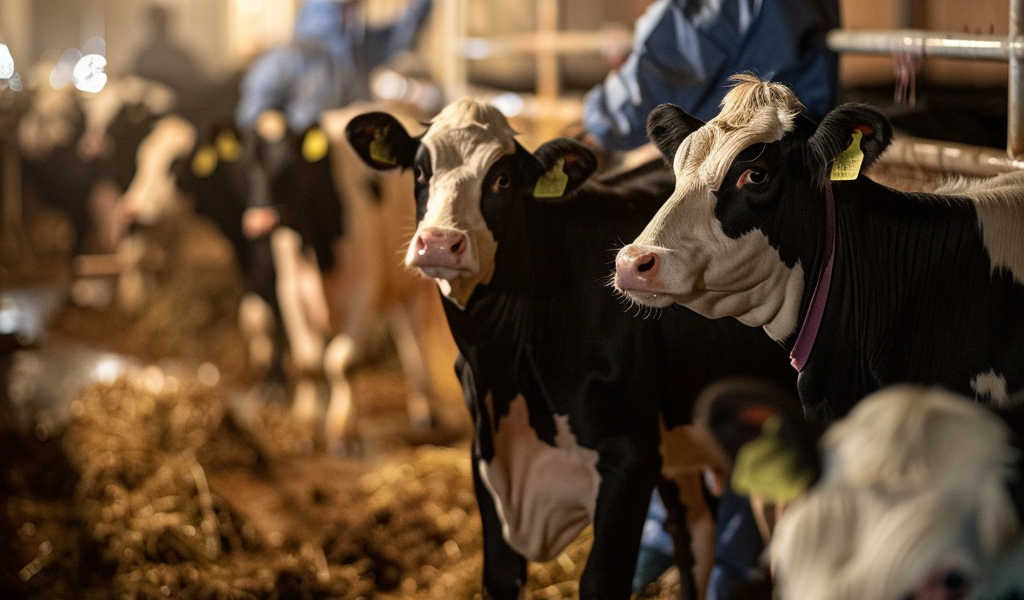The US Department of Agriculture (USDA) has unveiled a new financial assistance program aimed at compensating dairy farmers for losses related to H5N1 avian flu in milk production. Starting July 1, the USDA will begin accepting applications for this program.
Through an update to its Emergency Assistance for Livestock, Honeybees, and Farm-raised Fish Program (ELAP), the USDA will provide relief to dairy farmers who experience financial losses when cattle are removed from milking herds due to confirmed H5N1 test results. This initiative is part of the USDA’s commitment to supporting producers during unexpected challenges such as the H5N1 outbreak.
Secretary Tom Vilsack emphasized the importance of providing financial support to help producers recover and sustain production in the face of threats like H5N1. ELAP is specifically designed to assist producers who may not be covered by other disaster-assistance programs.
To be eligible for compensation, cattle must be part of herds confirmed as H5N1-positive by the National Veterinary Services Laboratory, be temporarily removed from production, currently lactating, and intended for commercial milk production. Payments will be based on a 21-day period of no milk production, followed by a gradual return to 50% production rate over 7 days.
In other developments, the USDA’s Animal and Plant Health Inspection Service (APHIS) has confirmed additional H5N1 outbreaks in dairy herds, domestic cats, and a poultry flock. The total number of confirmed outbreaks now stands at 132 across 12 states, with new cases reported in Colorado, Iowa, and New Mexico’s Curry County.
Additionally, a noncommercial poultry facility in Minnesota’s Stearns County reported a detection of H5N1, highlighting the continued spread of the virus in different animal populations.
These recent developments underscore the ongoing challenges posed by H5N1 avian flu and the importance of proactive measures to mitigate its impact on livestock and public health.





